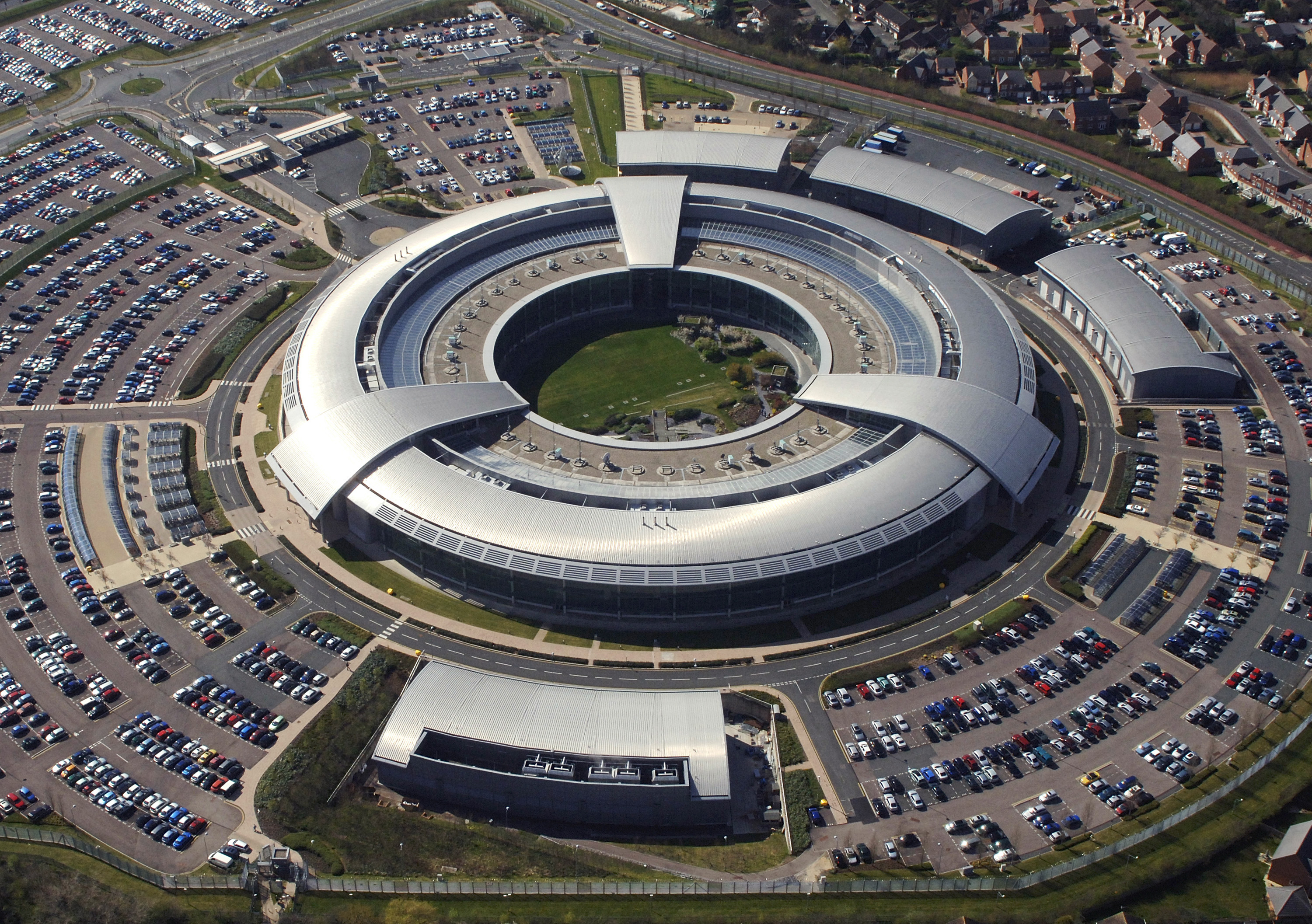

GCHQ
The UK’s top secret eavesdropping agency, GCHQ, has joined the fight against fraud and cyber attacks experienced by British businesses and financial institutions.
GCHQ director Jeremy Fleming has reportedly said that the agency will begin sharing intelligence with British banks in an attempt to tackle fraud and cyber attacks.
This is the latest way the agency is trying to offer its expertise to more people. It comes after the National Cyber Security Centre (NCSC), part of GCHQ, issued British consumers last November with advice on ways to protect themselves online over the Black Friday sales period.
It is reported that thanks to GCHQ’s 24-hour monitoring of online activity, it could help prevent credit card and bank account fraud by alerting banks in real-time if they become targets of computer hackers.
The speech by Fleming was made during a visit to Glasgow, where his speech opened the two-day CyberUK 2019 conference, an annual gathering of cyber security experts.
“This technological revolution is providing extraordinary opportunity, innovation and progress – but it’s also exposing us to increasing complexity, uncertainty and risk,” he is quoted by the Daily Mail as saying.
He reported pointed to research which has found just 15 percent of people know how to protect themselves online and said GCHQ will ‘do more to take the burden of cyber security away from the individual’.
“We will share intelligence with banks to enable them to alert customers to threats in close to real time,” he reportedly said.
“We have made it simple for our analysts to share time-critical, secret information in a matter of seconds,” he said. “With just one click, this can be shared and action taken.”
Last year GCHQ revealed it was preventing ten cyber attacks every week, most of which come from state-sponsored hackers employed by hostile nation states.
It also warned at the time that the UK should expect to be “tested to the full” by a “major incident” in the years ahead.
Security experts have welcomed the news that GCHQ is going to help banks and busineses.
“GCHQ working more closely with banks and other businesses can’t come soon enough,” explained Jake Moore, cyber security specialist at ESET. “Consumers have been in desperate need for help and support from law enforcement for quite some time as so few people are aware of how to protect themselves online.”
“Cyber security awareness is a national issue and those who are unaware of the magnitude of the problem require extra support,” said Moore. “Sharing intelligence in real time with banks might be the difference between someone losing their life savings and being able to stop the attack in the first place.”
“Cyber-attacks are costing businesses millions of pounds a year, which in turn will be passed onto the public,” he added. “Therefore, pumping money into GCHQ to help build cyber support will have extremely advantageous results.”
Another expert agreed that there needs to be a nation response for dealing with cyber attacks.
“Calls for cyber security to be a national effort is one that should be welcomed by all organisations as we all have a role to play in cyber security,” said Sarah Armstrong-Smith, head of continuity and resilience at Fujitsu.
“Awareness has definitely increased as to how sophisticated cybercriminals have become, with a fifth of the public believing that cybercrime is the biggest challenge facing the UK today,” said Armstrong-Smith. “This in part, is due to increased awareness around regulations such as GDPR and companies taking proactive steps to improve their data protection and cyber security measures.”
“But there is more we can do as a nation,” she added. “By working collaboratively, organisations can share with each other, their partners and government, practical knowledge, intelligence and technological innovation that helps fight cyber security threats and increase resilience.”
“Cybersecurity challenges aren’t slowing down and it is vital that all organisations safeguard their data and business assets,” she concluded. “Only when organisations put people first – protecting their privacy and personal information – will we have their trust. In order to make a stand and stop cyber criminals, we must unite in our efforts to tackle the continuing challenge that we all face.”
Last July the surveillance capabilities of GCHQ suffered a setback after ruling by this country’s surveillance watchdog.
The Investigatory Powers Tribunal said that successive foreign secretaries had delegated powers that allowed GCHQ to access vast amounts of personal data from telecoms companies without oversight.
Do you know all about security? Try our quiz!
American space agency prepares for testing of Boeing's Starliner, to ensure it has two space…
As UK and Europe develop closer military ties, European Commission says it will invest €1.3…
Zuckerberg seeks to revive Facebook's original spirit, as Meta launches Facebook Friends tab, so users…
Notable development for Meta, after appeal against 2021 WhatsApp privacy fine is backed by advisor…
First sign of shake-up under new CEO Lip-Bu Tan? Three Intel board members confirm they…
Trump's nominee for SEC Chairman, Paul Atkins, has pledged a “rational, coherent, and principled approach”…